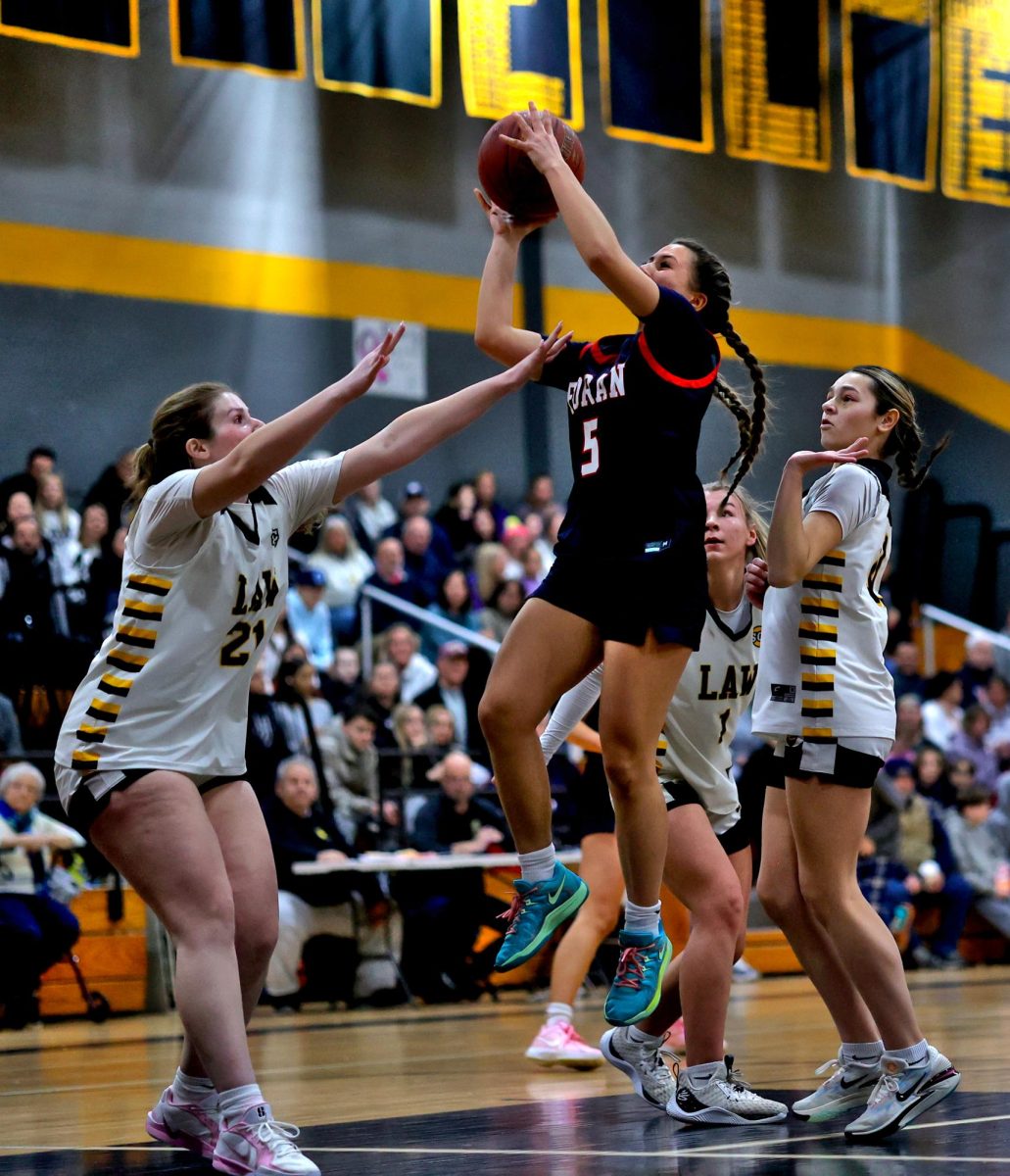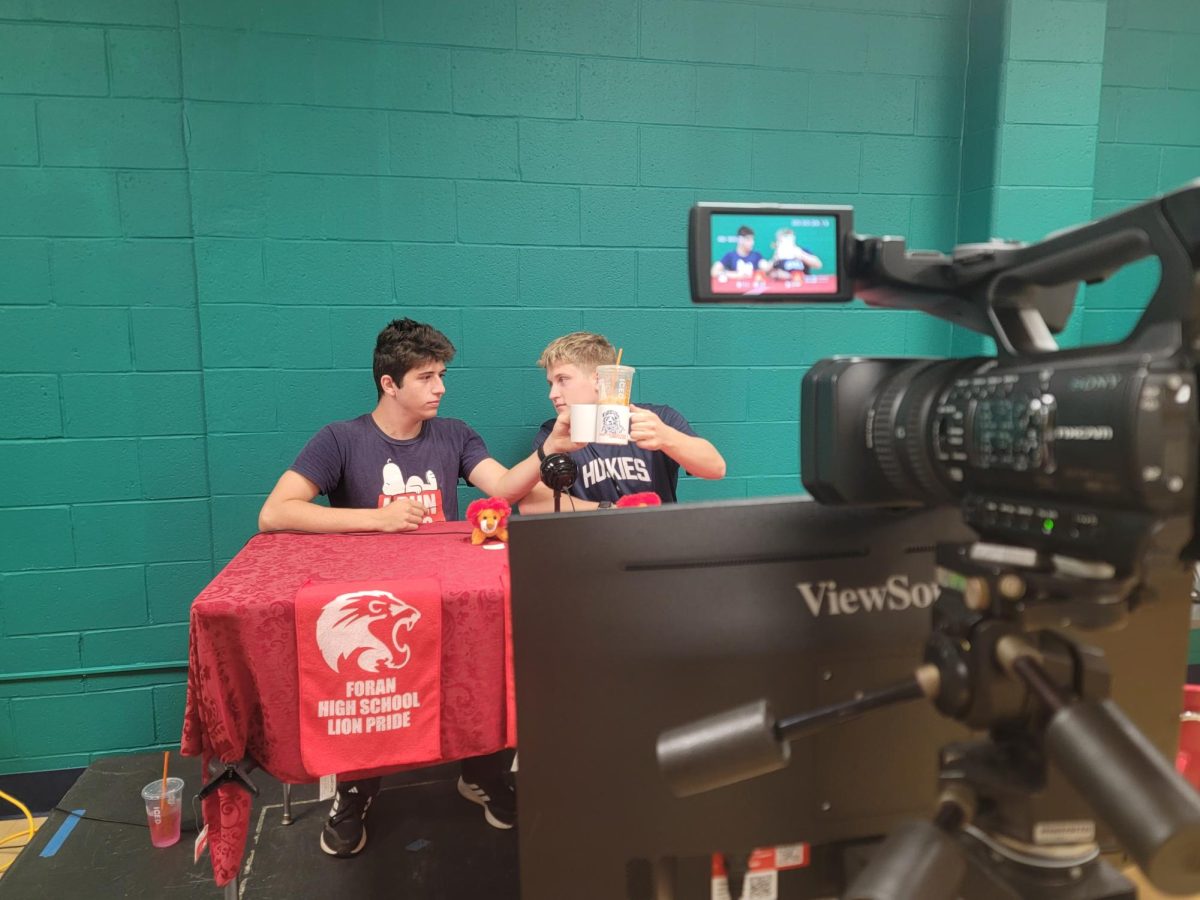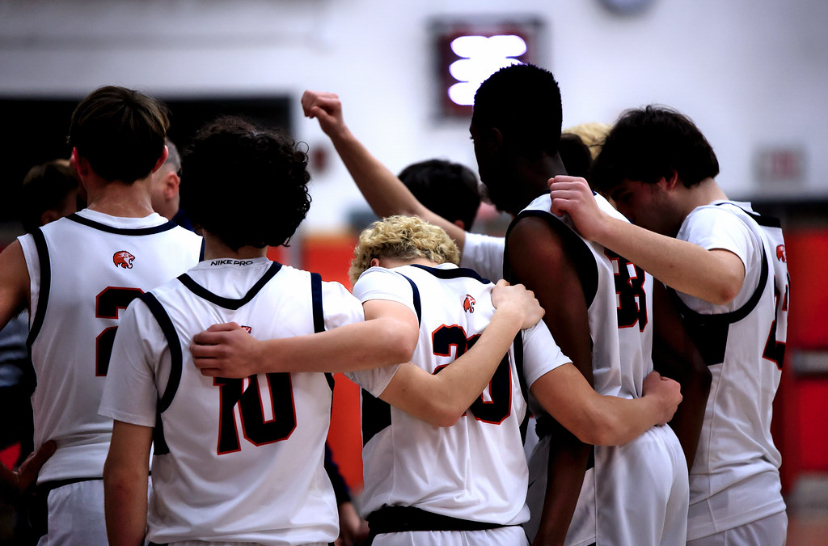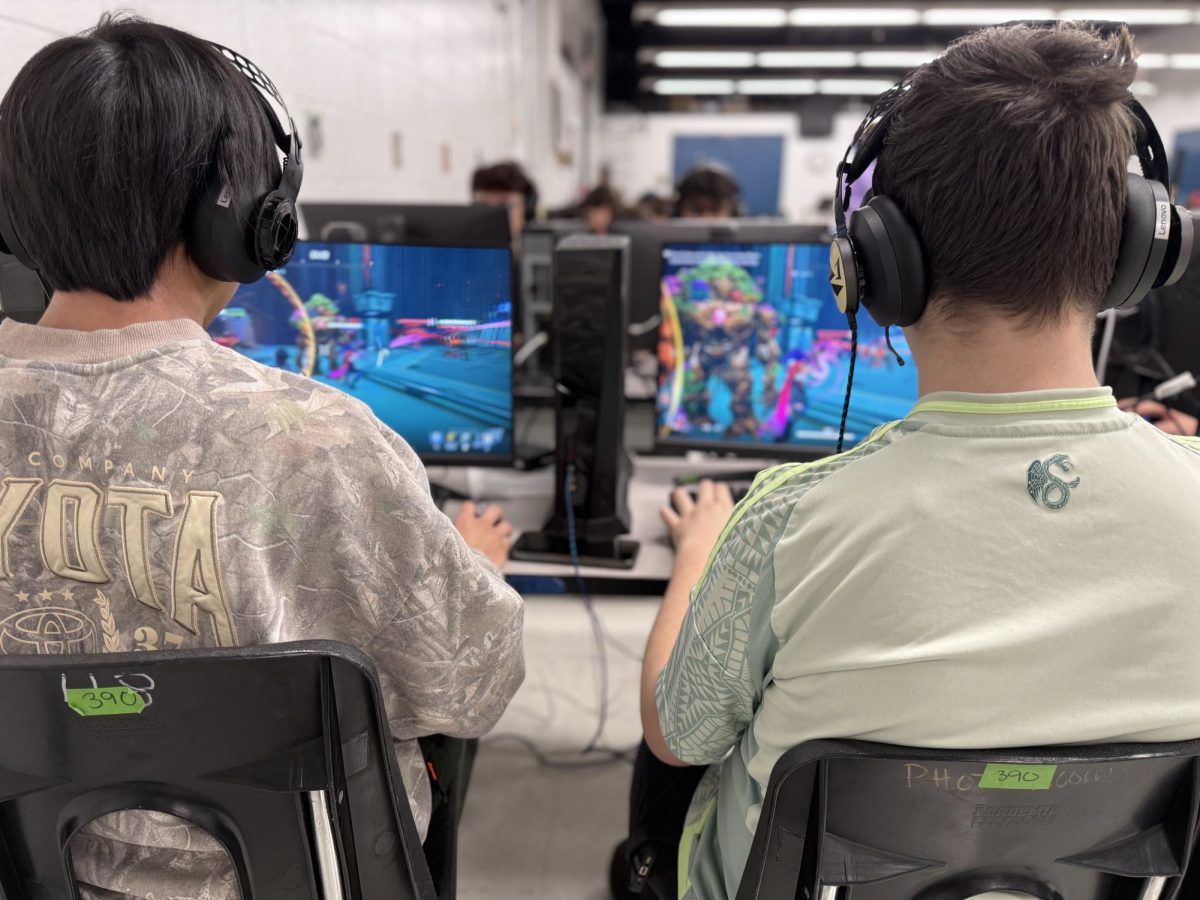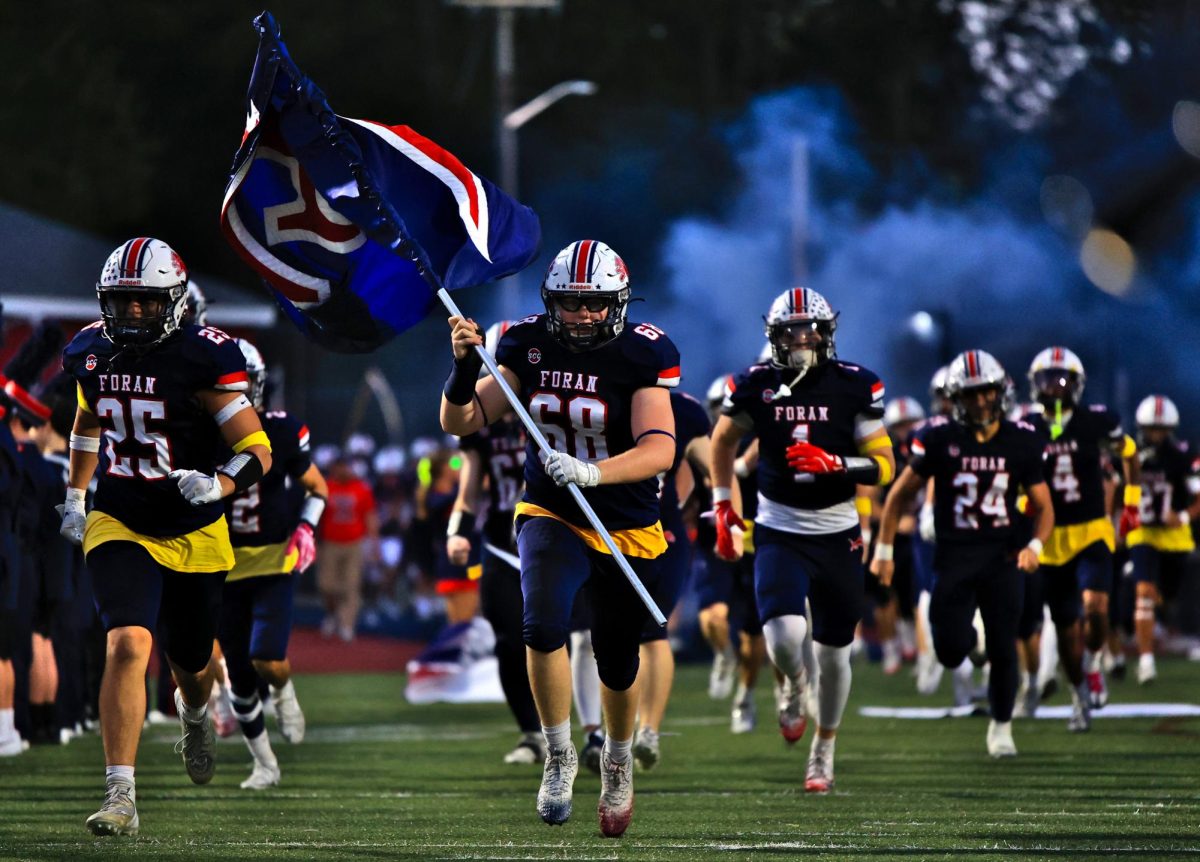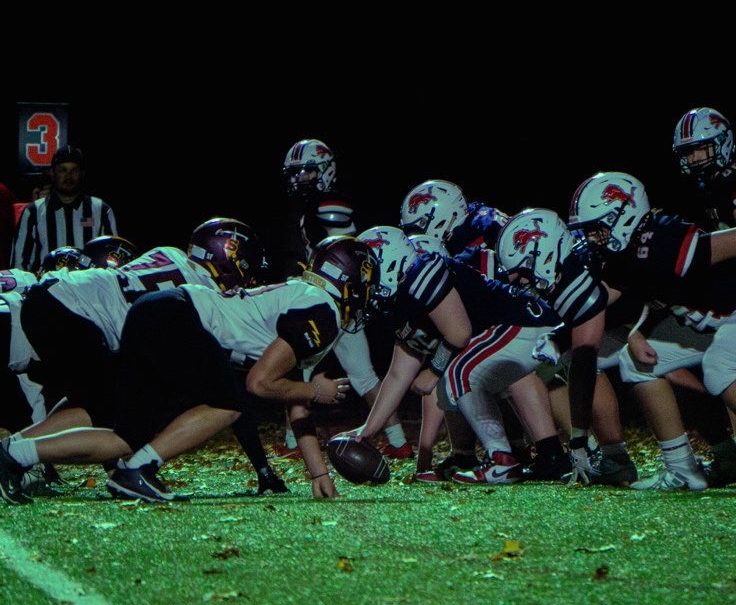High school students’ schedules are packed with school, work, and volunteering. Additionally, many students are also involved in athletics. Whether they are single, dual, or tri-season athletes, this extra time taken up by practices and games makes life balance and time management even more difficult. On April 6, the nation recognized student-athletes for their dedication to both academic and athletic careers.
Typically, student-athletes are at the collegiate level, however, the term also applies to students in high school. Both are involved in full-time academic careers and sports.
Ms. Abigail Blanchard, coach and teacher states, “I define student-athlete as someone who commits time to both academics and athletics. The ‘student’ part comes first for a reason, they are students before they are athletes.”
It is important for students to prioritize academics, then athletics. Finding a balance between both is crucial. Both are important because they teach different skills.
High school sports can run all year long. Sports are divided into fall, winter, and spring, but have the freedom to practice in summer or condition at any time. The length of practices and games varies based on the sport.
Despite this, sports still require a high level of commitment. The amount of time they take up on top of other high school activities requires students to develop time management skills.
As a former (due to injury) tri-season athlete, junior Shea Pangu says, “I strongly value being at practice every day, and not missing any games; I also strongly value maintaining good grades and having close to perfect attendance at school.”
She believes that time management is crucial to succeeding academically and athletically. She has become better at not procrastinating and dividing her time so she does not get overwhelmed.
Former coach and teacher, and current athletic director, Mr. Jeffery Raucci says, “All of our coaches stress time management to our student-athletes and how to prioritize each day and each week. When someone is on a team, they need to prioritize that and get their school work done so they can participate in practices, games, pasta parties, team bonding, etc.”

Crucial traits to student-athletes are time management skills, multitasking ability, a strong work ethic, communication, and self-discipline. Though not every student automatically has these traits, they can develop them through participating in a sport.
Raucci states, “It also provides important concepts like camaraderie and being a part of something greater than yourself (a team). It helps mold that selfless mindset and doing things for the better of the community and not strictly for one’s own ego.”
These characteristics can be useful to carry into college and careers.


